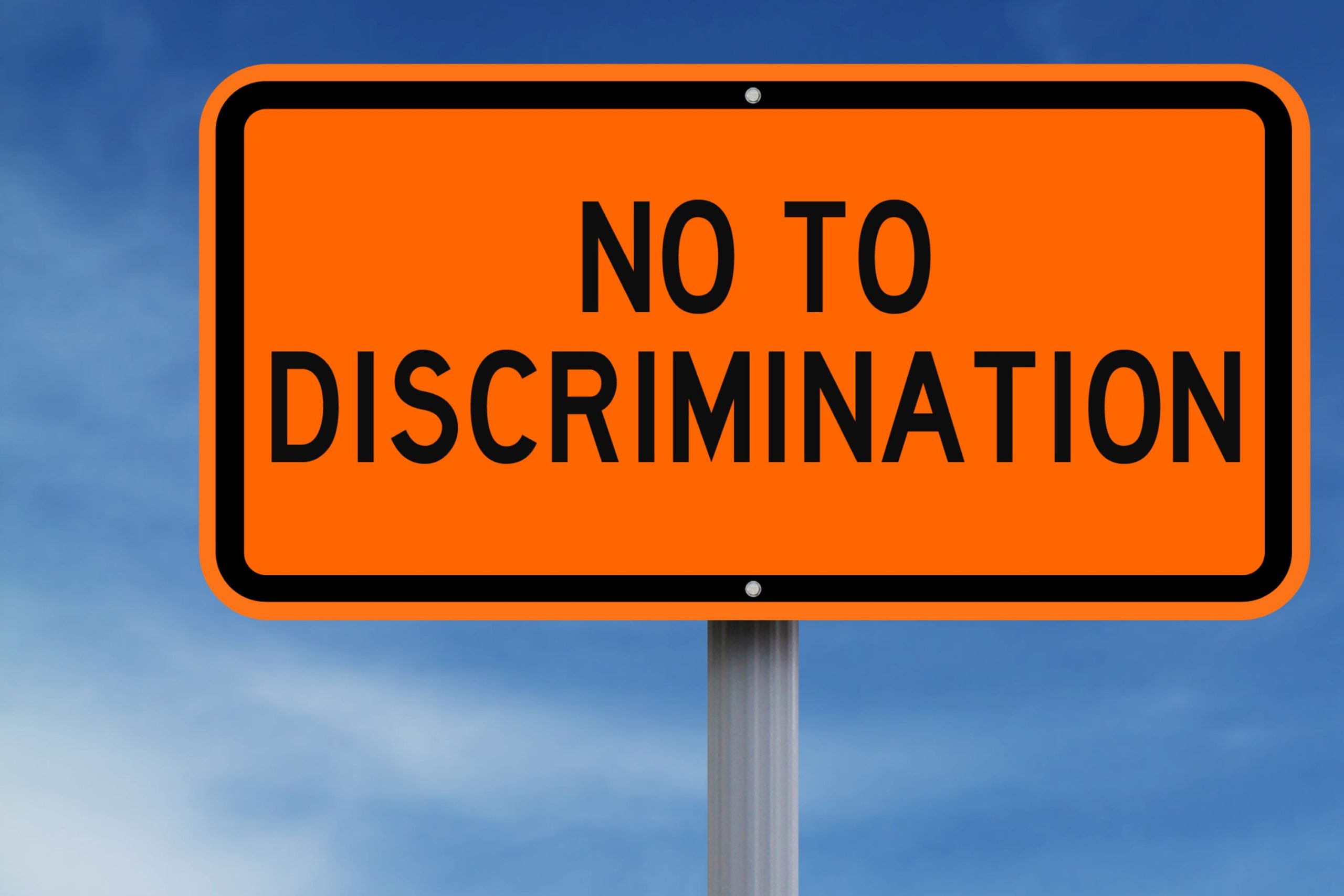Girls’ access to contraceptives and abortion care is often denied or hampered due to a range of barriers, many of which are rooted in abortion stigma. The stigma largely emanates from gender stereotypes, which are used to deny girls and women access to abortion and contraceptive services. This stereotype implies that women should put importance on having children and having to take care of them over all other roles, even going to school.
Because of Stigma, there is a negative effect on the way our society perceives abortion, as well as those who seek or have had an abortion, those who work in abortion care, and those who actively support abortion rights. Social norms and attitudes related to contraceptive use and abortion continue to pose a serious threat to women’s health and their quality of life.
A big sister from Kiambu implemented Abortion values clarification and attitude transformation (VCAT) sessions in her community to mitigate the effects of abortion stigma and increase the provision of and access to contraceptives and abortion care.
She has been holding sessions right from the initiation of the SAFIRE project leading her to interact with several young adolescent girls and their parents. Initially, she would get an average of two referrals in a month of young adolescent girls and an average of zero parents in a month seeking more information on family planning and reproductive health information in general.
Among the pushback, she experienced from parents, was negative feedback insinuating that she is out to influence their children into bad company and irresponsible sexual behaviors.
With the training and capacity-strengthening offered by the project she put these newly acquired experiences and insights into work and they have greatly reaped positive results. She states that she continues to witness a turnaround of negative attitudes towards the information she has been sharing to positive and in some instances supportive hands from some of her community members who were earlier opposed to her methods and nature of the information shared.
Adolescent young girls have now been approaching her, therefore, boosting the average number of young adolescents accessing general reproductive health services and medical abortion referrals, from 25 adolescents reached and 5 referrals made in January to March, to a total of 120 adolescents reached and 12 referrals made in October and November to service providers. A total of 35 parents have been reached from January to November of 2021 seeking information from her while also requesting guidance and mentorship to their daughters to eliminate their chances of falling victims to STI infections and early unintended pregnancies which play a major role in the high numbers of unsafe abortions. “By these numbers, I’m able to rate the progress and note that new positive attitudes are being formed and stigma among young adolescent girls and parents as well is greatly reducing” she also adds this has been the same with the rest of the big sisters in Kiambu. Stigma reduction can be fully achieved as She looks forward to a society where young adolescent girls can continue with their education and live healthy fulfilling lives without the worry of putting their lives on pause to first become parents at such an early age.


